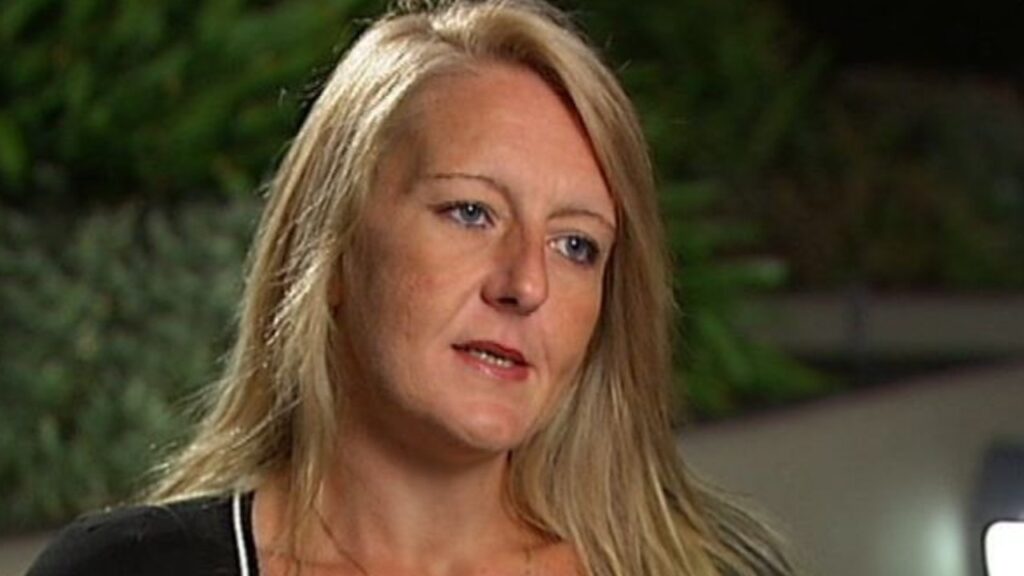Latham ‘whipped up frenzy’ with homophobic tweet: court
Written by admin on May 24, 2024
Former NSW One Nation Leader Mark Latham “whipped up” a frenzy of hate against Sydney MP Alex Greenwich by posting a homophobic tweet which crudely describes a gay sex act, the Federal Court has heard.
Hearings in a defamation proceeding launched against Mr Latham concluded on Friday, with Mr Greenwich’s barrister Matt Collins KC calling on Justice David O’Callaghan to consider awarding his client a “sum sufficient to persuade the public that the plaintiff’s reputation has been vindicated by the court”.
In a summary of the evidence presented to the court, Dr Collins said Mr Latham’s tweet ignored Mr Greenwich as an MP with a “proud legislative list of legislative achievements,” and reduced him to a “filthy sex act”.
“It caricatured him, it exposed him to ridicule,” said Dr Collins.
“It led in the real world to people saying that they think about him every time they go to the toilet.”
Continuing his closing remarks, Mr Greenwich’s barrister Matt Collins KC welcomed the court to substitute the word “bloke” with the slang term “sheila,” arguing that if Mr Latham’s tweet was about a “heterosexual male member of parliament” there would be no debate around whether “the tweet carried a defamatory meaning”.
“When we substitute sheila for bloke, none of us are in any doubt that it’s conveying a defamatory meaning about the individual, not the group,” he said.
“It could only be different for homosexual men, if one was applying some different standard, and one doesn’t do that – one applies the standards of the ordinary reasonable person.”
‘Latham whipped up this frenzy’
A cornerstone of Dr Collins’ argument centres on the fact Mr Latham’s tweet resulted in a barrage of hate towards Mr Greenwich, that otherwise wouldn’t have occurred.
While he acknowledged homophobia existed in the community, “no one was motivated to express them in this form until Mr Latham whipped up this frenzy”.
“People in the community might have held views about gay people generally but knew nothing about Mr Greenwich until Mr Latham went on the attack,” said Dr Collins.
“Mr Greenwich suffers the damage because of the targeted attack upon him.”
Proving that serious harm and serious loss of standing did occur, Dr Collins pointed to messages received by Mr Greenwich’s electoral office.
One claimed the MP “didn’t have the qualification for society,” several other emails also referenced faecal matter, homophobic slurs, and accusations of Mr Greenwich being a “leftist moron”.
Another particularly violent handwritten letter said: “Throwing you ‘blokes’ over cliffs was too good for you! Should be hung, drawn and quartered,” referring to a spate of gay hate crimes which occurred in Sydney from the 1970s to the 1990s”.
Other messages quoted Mr Latham’s comments made in other media articles, as well as his tweet.
Dr Collins argued that as Mr Greenwich is the “very visible” face of a “historically very disadvantaged group,” messages like the ones he received are “very triggering,” and would be “threatening and intimidating”.
Previously Mr Greenwich told the court, he commenced legal proceedings against Latham because he “wanted the hate and abuse to stop,” plus an affidavit in which the MP says that had the incident happened before the state election, it would have made his reconsider recontesting his longheld Sydney seat.
Latham ‘vulgar’ but not defamatory
Mr Latham’s barrister Kieran Smark SC also finished his closing remarks on Friday, reiterating that Mr Latham was “defending” himself by publishing the “crass and vulgar tweet”.
Mr Smark said his client was responding to comments made by Mr Greenwich to the Sydney Morning Herald where he called him a “disgusting human being”.
He asked the court to consider the “context” in which the tweet was made.
“His tweet is not just what’s below, it’s the whole thing and the context … The context is a political one, where this very strong attack is made (referencing to Mr Greenwich’s comments calling Mr Latham ‘disgusting’),” he said.
“(The tweet) would be understood to be about Mr Latham illustrating something about the nature of disgust and saying, to defend himself: ‘I’m not disgusting, this is what’s disgusting.’
Mr Smark argued the “overwhelming engagement” of that message is for “ordinary people to say: ‘We’re not having a bar of that’, and therefore there was just not a defamatory character engaged.”






